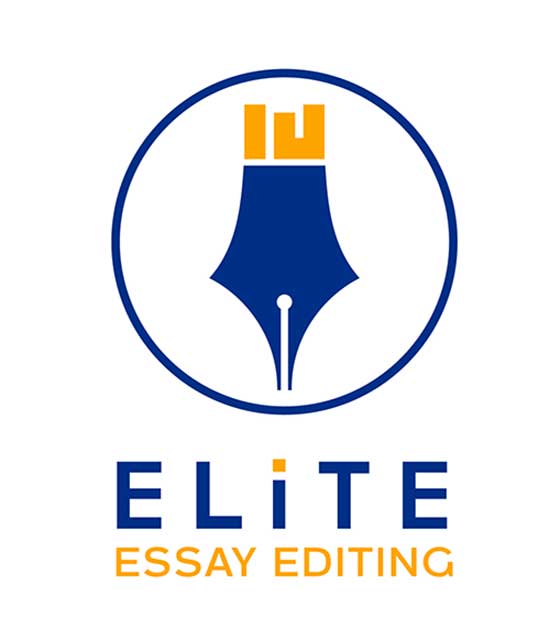All of the questions I get as a college essay editor boil down to one simple question that seems simple but requires a different writing style than most are used to: how to write a personal statement well.
But before you even begin to write your personal statement, you have to know what your personal statement will cover. The nature of having an open-ended question like a personal statement grants for infinite possibilities–but also a strong likelihood of disorganization and a lack of focus without some forethought beforehand.
How can you know how to write a personal statement without planning for it? Having an idea in your head that you want to write about your favorite high school activity is great, but if you sit down without any inclination of where to go, it will leave you overwhelmed and frustrated. For example, imagine that you decide you want to write about your experiences spending a summer as a hospital volunteer. If you just start jabbing fingers onto the keyboard, you could wind up talking about the emotional impact, the leadership lessons, the physical squeamishness, the value of time commitment–all in the same essay! This would define “too much of a good thing.”
So you’ll want to put some thought into the essay before you start. But how? How do you know where to start when you don’t even know how or where to line up to start?
This is what I like to do. Take a blank page, either a literal blank page or a word document, and just start writing down ideas. There doesn’t need to be cohesion or organization yet. Some of my best novels started as scrappy, unedited, typo-ridden notes to myself on my phone. The point is to just write down everything that comes to mind—a brain dump of sorts. So looking above at the hospital example, write down all of those lessons learned, the moments of shock and value, and the experiences that stand out the most. If you want to write about your time on the tennis squad, just brain dump moments of raw emotion, triumph, friendships made, lessons learned, and moments you overcame failure.
What you brain dump doesn’t matter so much as the actual act of brain dumping. By the time you finish, you should have nothing left that you could consider a possible writing topic.
Once you feel like you’ve gotten everything out of your head, look at what you’ve written. Is there a cohesive way to organize this? Is there anything in particular in this brain dump that stands out? What details do you know you want included?
At this point, you have to take over as a student and decide what most captures your attention. In general, you already know the answer to this. When I thought about my time with sports, I immediately knew I wanted to write about the time I failed at weightlifting so bad I felt social humiliation. With others, maybe it’s about a death or severe tragedy or failure; maybe it’s a moment of absolute triumph; or maybe it’s a lesson learned that fundamentally changed you.
If you don’t know for sure, stay tuned: in a coming post, I will explain how you can pick out ways to come up with a solid essay topic after the brain dump. But for now, you’ve got your first step in how to write a personal statement effectively.
Want to have a professional write a personal statement? Let me help you get into your dream school.
Want to know everything about writing a personal statement? Find out everything you need to know here.

